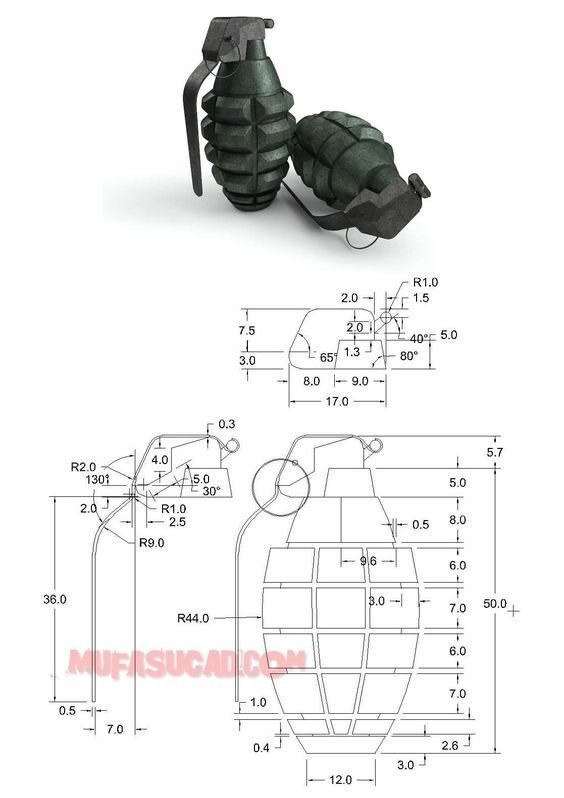With the growing emphasis on sustainable and eco-friendly transportation, hybrid electric vehicles (HEVs) are becoming increasingly popular. As a result, the demand for professionals skilled in HEV technology is on the rise. If you’re considering or have completed a course in hybrid electric vehicles, you might be wondering about the job prospects and career opportunities in this field. Let’s delve into the various career paths and the future outlook for HEV professionals.
Understanding the Hybrid Electric Vehicle (HEV) Industry
Hybrid electric vehicles combine internal combustion engines with electric propulsion systems, offering improved fuel efficiency and reduced emissions compared to traditional vehicles. The HEV industry is expanding rapidly, driven by technological advancements, environmental regulations, and consumer demand for greener alternatives.
Job Opportunities After an HEV Course
- Automotive Engineer
- Role: Automotive engineers in the HEV sector focus on designing, developing, and testing hybrid powertrains and components. They work on improving fuel efficiency, reducing emissions, and enhancing the overall performance of HEVs.
- Skills Required: Knowledge of automotive engineering, electric powertrain systems, battery technology, and computer-aided design (CAD) software.
- Career Path: Entry-level positions as design or test engineers, progressing to senior engineer or project manager roles.
- Electrical and Electronics Engineer
- Role: Electrical engineers develop and maintain the electrical systems within HEVs, including battery management systems, power electronics, and electric motors. They ensure the efficient operation and integration of these components.
- Skills Required: Proficiency in electrical engineering, circuit design, embedded systems, and experience with simulation tools.
- Career Path: Starting as junior electrical engineers, with potential advancement to senior engineer, lead engineer, or engineering manager roles.
- Battery Systems Engineer
- Role: Battery systems engineers specialize in the design, development, and optimization of battery packs and energy storage systems for HEVs. They work on improving battery life, safety, and performance.
- Skills Required: Expertise in battery chemistry, thermal management, power electronics, and energy storage technologies.
- Career Path: Entry-level positions in battery development, leading to senior roles in battery technology and energy storage solutions.
- Control Systems Engineer
- Role: Control systems engineers develop and implement control algorithms for the hybrid powertrain, managing the interaction between the internal combustion engine and electric motor. They focus on optimizing performance, efficiency, and emissions.
- Skills Required: Knowledge of control theory, MATLAB/Simulink, real-time systems, and software development.
- Career Path: Starting as control systems engineers, with opportunities to advance to lead engineer, control systems manager, or technical director positions.
- Research and Development (R&D) Engineer
- Role: R&D engineers in the HEV industry focus on innovating new technologies, materials, and methods to enhance hybrid vehicle performance. They conduct experiments, analyze data, and develop prototypes.
- Skills Required: Strong analytical skills, research methodology, technical writing, and project management.
- Career Path: Entry-level R&D positions, progressing to senior research scientist, R&D manager, or chief technology officer (CTO).
- Vehicle Integration Engineer
- Role: Vehicle integration engineers ensure that all HEV components work seamlessly together. They handle system integration, testing, and validation to achieve optimal vehicle performance.
- Skills Required: System engineering, integration testing, problem-solving, and cross-functional collaboration.
- Career Path: Beginning as integration engineers, with potential growth into system architect, integration manager, or engineering director roles.
Industry Outlook and Future Prospects
The HEV market is poised for substantial growth, driven by the global push towards cleaner transportation and stringent emission regulations. Major automotive manufacturers are heavily investing in hybrid and electric vehicle technologies, creating a robust demand for skilled professionals. Furthermore, advancements in battery technology, power electronics, and autonomous driving systems are opening new avenues for innovation and career development in the HEV sector.
Sustainable Career Growth:
- The transition to sustainable transportation is not a fleeting trend but a long-term shift. Professionals in the HEV industry can expect sustained demand and numerous opportunities for career advancement as the market continues to expand.
Global Opportunities:
- The HEV industry is global, with significant job opportunities in regions such as North America, Europe, and Asia. Professionals with expertise in HEV technology can explore international career prospects with leading automotive companies and research institutions.
Continuous Learning and Development:
- As technology evolves, continuous learning and skill development are essential. Professionals can stay ahead by pursuing advanced courses, certifications, and staying updated with the latest industry trends and technological advancements.
Conclusion
A course in hybrid electric vehicle technology opens up a wide array of career opportunities in a rapidly growing and dynamic industry. Whether you are passionate about automotive engineering, electrical systems, battery technology, or control systems, the HEV sector offers promising and fulfilling career paths. With the global shift towards sustainable transportation, professionals in this field can look forward to a bright and impactful future.





